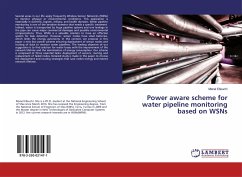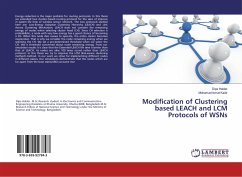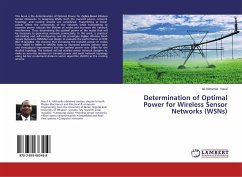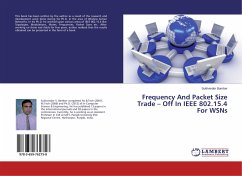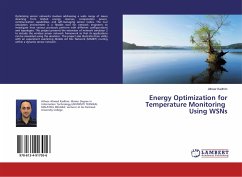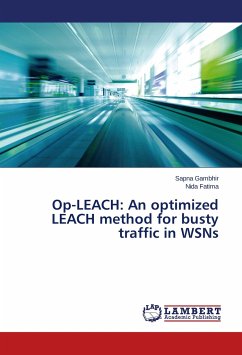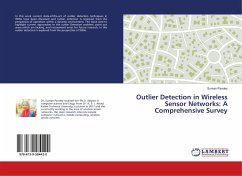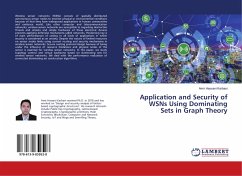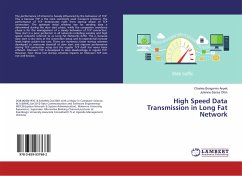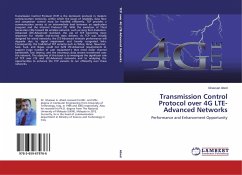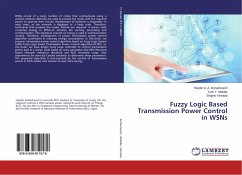
Fuzzy Logic Based Transmission Power Control in WSNs
Versandkostenfrei!
Versandfertig in 6-10 Tagen
36,99 €
inkl. MwSt.

PAYBACK Punkte
18 °P sammeln!
WSNs consist of a large number of nodes that communicate using a wireless medium. Batteries are used to provide the nodes with the required power to operate their circuits. Replacement of batteries is impossible, in most cases, as the network is deployed in a large scale. Therefore, techniques that prolong the nodes' lifetime are required. A sensor node consumes energy in different activities like sensing, processing and communication. The maximum amount of energy is used in communication module. Therefore, development of proper transmission power control algorithm contributes in reducing ener...
WSNs consist of a large number of nodes that communicate using a wireless medium. Batteries are used to provide the nodes with the required power to operate their circuits. Replacement of batteries is impossible, in most cases, as the network is deployed in a large scale. Therefore, techniques that prolong the nodes' lifetime are required. A sensor node consumes energy in different activities like sensing, processing and communication. The maximum amount of energy is used in communication module. Therefore, development of proper transmission power control algorithm contributes in reducing energy consumption. In this book, we propose transmission power control algorithm based on Fuzzy Logic System called Fuzzy Logic based Transmission Power Control algorithm (FLTPC). In this book, we have design Fuzzy Logic controller to control transmission power level in a sensor node based on some parameters like RSSI (Received Signal Strength Indicator) threshold and RSSI threshold range. Alsoexperiments are done by Castalia simulator to determine these parameters. The proposed algorithm is characterized by the control of transmission power in both sender and receiver to save more energy



